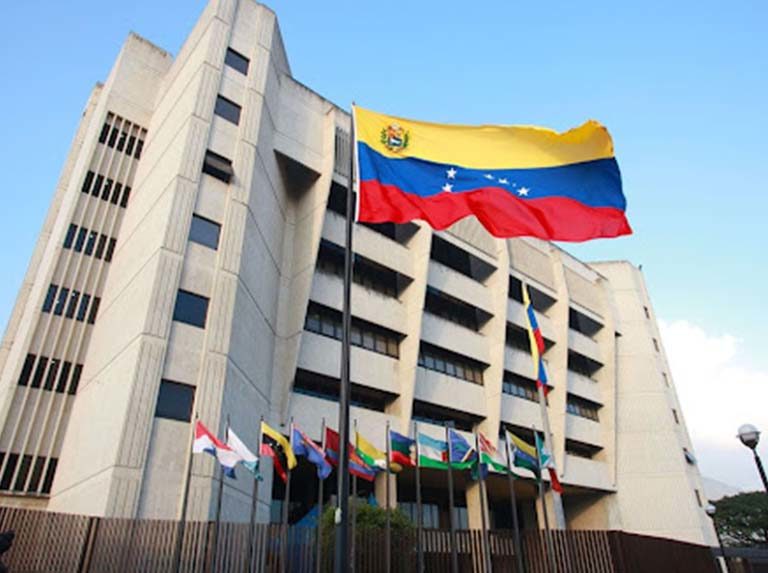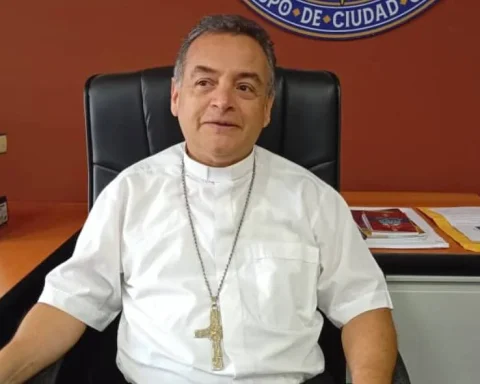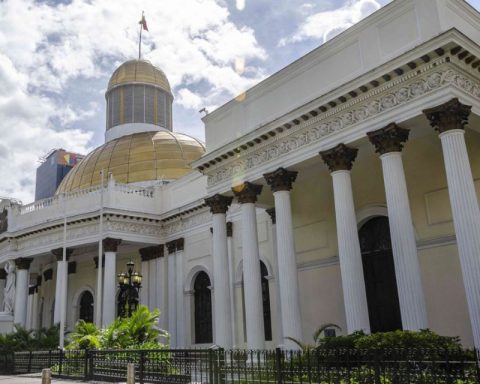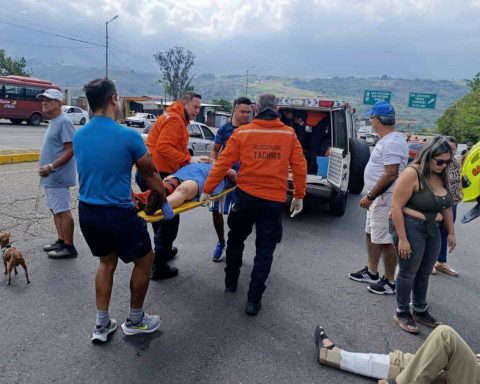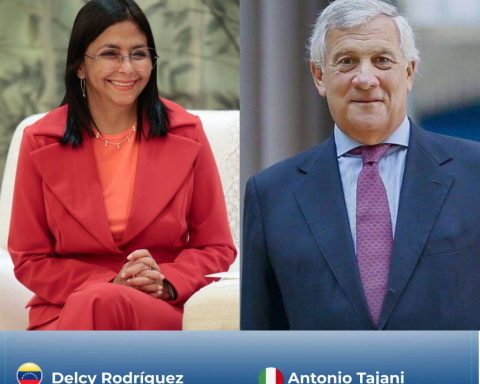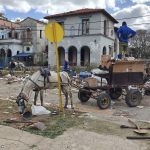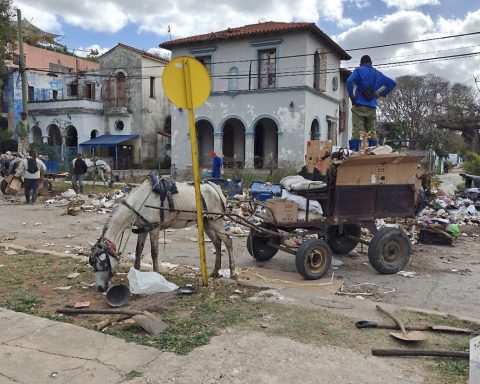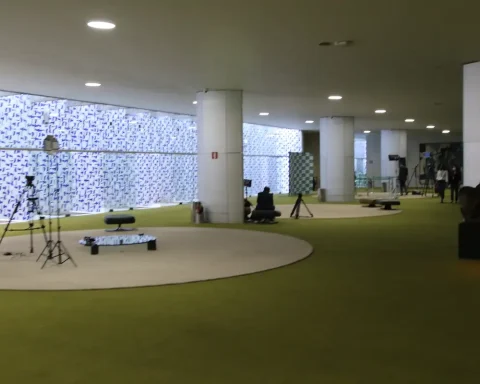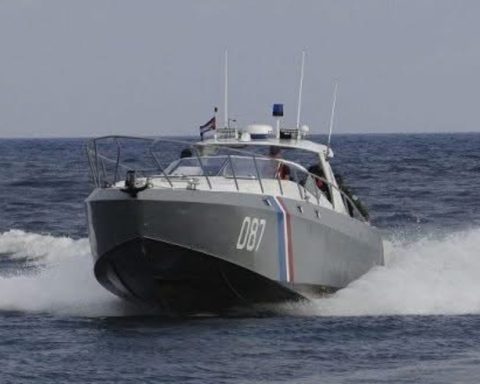The Criminal Chamber of the Supreme Court of Justice agreed to promote the trial against the Venezuelan Dugleida Carilita Miseli Carmona, who is required by France due to her alleged participation in a network of forced prostitution and money laundering, among other crimes.
Such decision is contained in judgment No. 143 written by Judge Juan Luis Ibarra Verenzuela. Through this sentence, the Chamber denied handing over to France Dugleida Miseli, who is required for extradition by the justice of that nation, because the Constitution prohibits the extradition of Venezuelans.
But, by virtue of the agreements between France and Venezuela, the Chamber assumed the trial in Venezuela of Dugleida Miseli for the acts that she allegedly committed in French territory.
According to the Public Prosecutor of the Paris Judicial Court, Dugleida Miseli was part of a forced prostitution network that operated in an apartment located in Dampierre, Paris XIX. A 19-year-old boy identified as Bacar Abderamane, who had arranged a sexual date for October 12, 2019, went to the aforementioned site.
Bacar arrived with his friends Baradji Macire, Diack Maissa and Gnahore Jean-Didier. Upon arriving at the apartment, he got into a fight with the pimp, Venezuelan Winder García Tochon Camejo, nicknamed Duke Martínez. This subject stabbed Bacar in the chest and threw him out into the street with his three friends. Firefighters and police helped him, but he died a few minutes later.
the raid
The French police raided the property where the events occurred and discovered “numerous cash remittance notes to various European and American countries, totaling more than €100,000.00 in less than a year.” These remittances were sent by four recurring senders: Windeer Gardi Tochon Camejo (prisoner in Paris since November 16, 2020), Dugleida Carilita Miseli Carmona, María Eugenia Cuello Sanz and Isis Mayerlin Rangel Amundaraín, says the sentence. For these facts, France requires Dugleida Carilita, to be tried for aggravated pimping, homicide and Magistrates urged the Prosecutor’s Office to collect the evidence. money laundering, according to an Interpol red notice.
In response to this international dissemination, Dugleida was arrested in Baruta (Miranda) by agents of the Brigade against Financial Crimes of the Cicpc. The woman was presented before the 1st Court of Control of Caracas where she was sentenced to deprivation of liberty and the file was sent to the Criminal Chamber of the TSJ so that it could decide whether or not to extradite her.
The magistrates analyzed the file, denied extradition to France, but ordered his trial in Venezuela. For this reason, they urged the Public Ministry to request and collect from France the evidence “that can serve for the trial in Venezuelan territory of the citizen”
